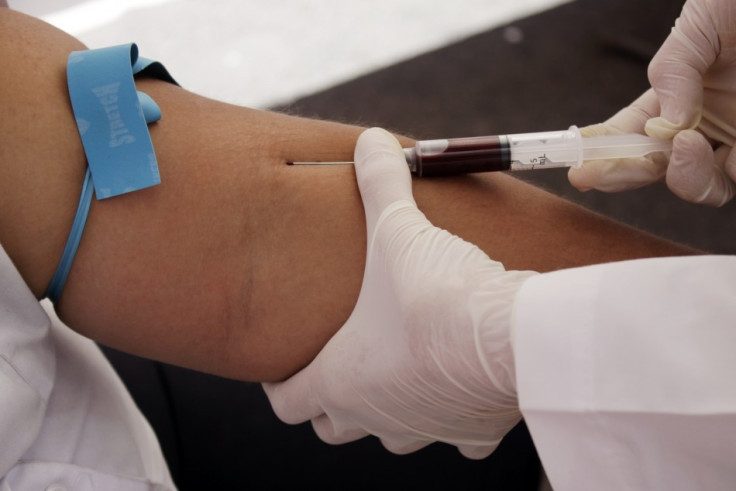HIV and Prostate Cancer Colour Test Provides Hope for Earlier Treatment

A new colour test that has been developed to detect prostate cancer and HIV could result in earlier treatment for many sufferers.
Scientists from Imperial College London have developed a sensor test that analyses serum derived from blood.
A positive or negative result can been seen with the naked eye; the serum turns blue for yes and red for no.
It is thought this new test will mean diseases could be detected earlier, allowing treatment sooner. It also has implications for HIV testing in poorer countries as it is so much cheaper than current tests.
Prof Molly Stevens of the Departments of Materials and Bioengineering at Imperial College London, said: "It is vital that patients get periodically tested in order to assess the success of retroviral therapies and check for new cases of infection.
"Unfortunately, the existing gold standard detection methods can be too expensive to be implemented in parts of the world where resources are scarce.
"Our approach affords for improved sensitivity, does not require sophisticated instrumentation and it is ten times cheaper, which could allow more tests to be performed for better screening of many diseases."
Dr Roberto de la Rica, co-author of the study, added: "We have developed a test that we hope will enable previously undetectable HIV infections and indicators of cancer to be picked up, which would mean people could be treated sooner.
"We also believe that this test could be significantly cheaper to administer, which could pave the way for more widespread use of HIV testing in poorer parts of the world."
Michael Brady, medical director at Terrence Higgins Trust, told IBTimes UK: "This is potentially a significant step forward for HIV testing. Too many people with HIV are being diagnosed late, after a point when they should have already started treatment.
"This not only puts their own health at serious risk, but means they are more likely to unwittingly pass the virus on to others. Anything that helps us to detect the virus earlier and improves the simplicity and speed of getting a result is to be welcomed.
"More research and development is needed before this type of HIV test could be rolled out widely. In the meantime, we would urge anyone concerned they might have put themselves at risk of infection to visit their local testing service for a free, confidential test.
"Groups at an increased risk of HIV, such as gay men and African communities, should also test regularly for the virus."
© Copyright IBTimes 2025. All rights reserved.






















